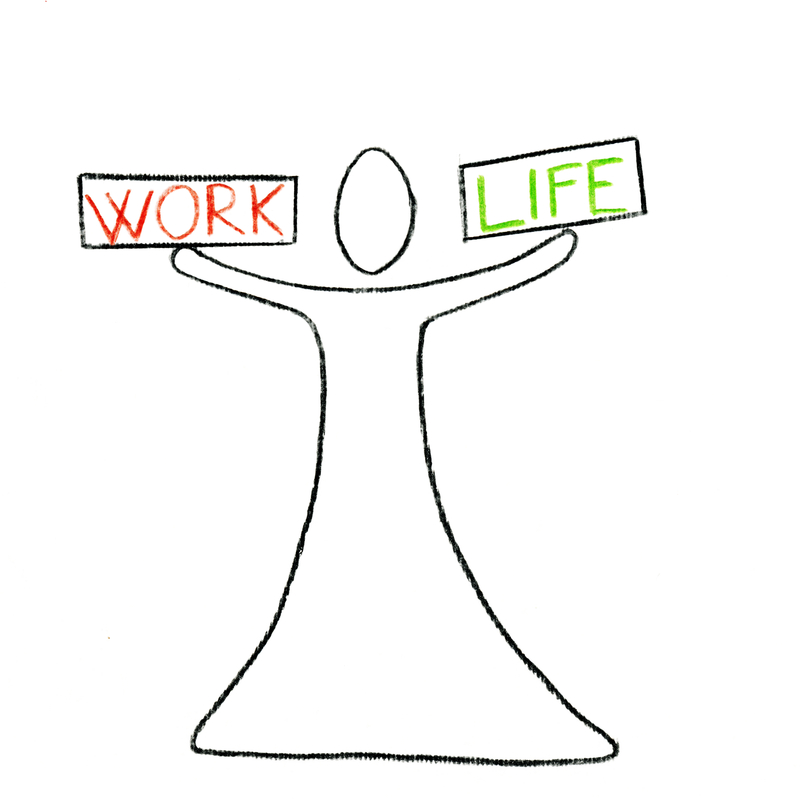We are all furious right now at Facebook. We are angry about how they shared our data. Many who never used This is Your Digital Life got a message that a friend was on This is Your Digital Life so Cambridge Analytica MAY have gotten your data (and by many I mean anyone who has more than 10 friends on Facebook — I think we are all in the same boat there).
I cannot excuse Facebook’s breach of our trust; but I also cannot accept putting all the blame at their feet. They would not have been able to share our information if we had not given it to them. Like handing your money to someone for a “sure thing” and learning it’s a Ponzi scheme, you have made yourself an easy target.
I did it, too. When I got on Facebook, I paused a moment and considered that I was giving information to someone I didn’t know, but I decided the benefits outweighed the risks. I made a conscious decision, and I own that decision. I am still disappointed at what happened, but I will not say I don’t share any blame.
And sadly, things like this will always happen. Did you know that the Ponzi scheme was first named in the 1920s? (And in actual fact, the scheme itself was invented by Sarah Howe in the 1880s?) So why did people give money to Bernie Madoff in the 1990s? All of this furor over Facebook will fade, and it will happen all over again with another app, I’m sure of it. And why? Because we concede to authority; and when we want to get on that new app with our friends and it says we have to give it data, we just give it.
But this blind trust can be very dangerous. My husband recently spent a night in the hospital for observation (it turned out to be nothing serious, and he’s fine now). During that stay, they (1) tried to give him something he’s allergic to, (2) tried to give him something he didn’t need (it wasn’t indicated for any of his symptoms), and (3) tried to take his blood twice in an hour (because one technician didn’t know what the other was doing). Should the hospital have made all of these mistakes? Absolutely not; but if my husband didn’t take responsibility for his care and challenge authority, things might have gone very badly. How many people check into that hospital and never question anything?
So whether it is your data, your money or your health, if you (and by that, I mean all of us) want to keep and protect it, you need to take responsibility. Let this Facebook debacle be a lesson that might one day save your life (or your life savings).











